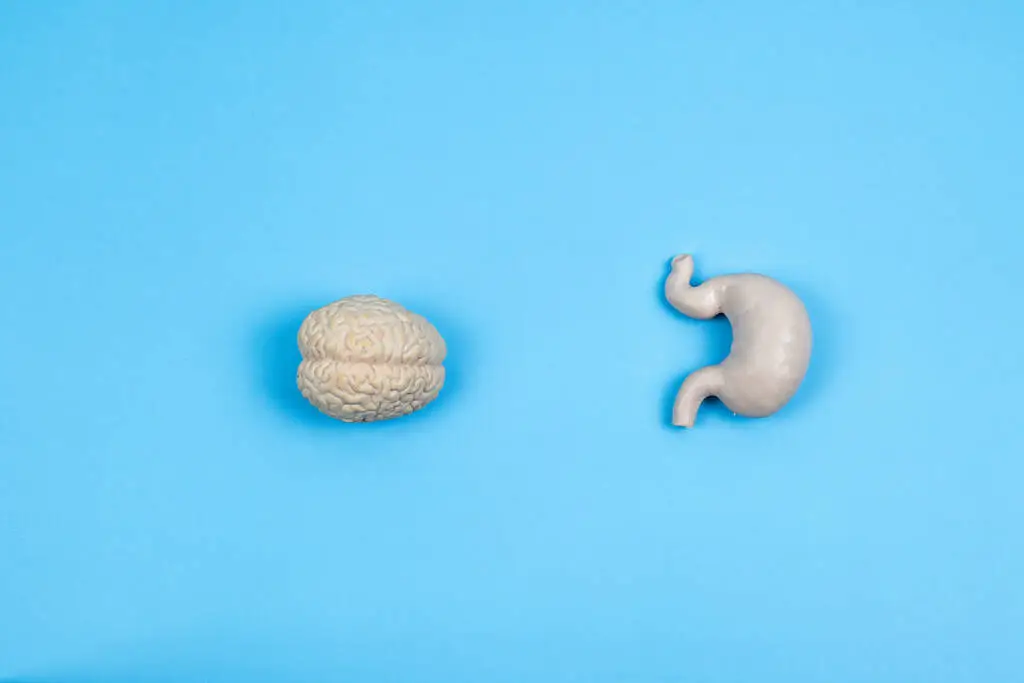Introduction: Your Second Brain
Did you know your gut is home to 100 trillion microbes that communicate directly with your brain? This gut-brain axis influences everything from stress levels to depression risk. At Paheal, we explore how your diet shapes your mental health—and how to eat for a happier mind.
1. The Science Behind the Gut-Brain Link
Key Players in the Gut-Brain Axis
| Component | Role in Mood |
| Vagus Nerve | Sends signals from gut to brain (80% of traffic goes gut→brain) |
| Microbiome | Gut bacteria produce serotonin (90% of this “happy hormone” is made in the gut) |
| Short-Chain Fatty Acids (SCFAs) | Anti-inflammatory compounds from fiber that reduce anxiety |
Fascinating Fact: People with depression often have less diverse gut bacteria than those without.
2. Foods That Boost Mental Health
Top Mood-Supporting Foods
✅ Fermented foods (kimchi, kefir, yogurt) – Increase Lactobacillus & Bifidobacteria (linked to lower anxiety)
✅ Omega-3 rich foods (salmon, walnuts) – Reduce brain inflammation
✅ Prebiotic fiber (garlic, onions, bananas) – Feeds good bacteria to produce calming SCFAs
✅ Polyphenol-rich foods (dark chocolate, berries) – Protect gut lining and reduce cortisol
Foods That Worsen Mood
❌ Processed sugar – Feeds harmful bacteria → brain fog & irritability
❌ Artificial sweeteners (aspartame) – May kill beneficial bacteria
❌ Fried foods – Promote gut inflammation linked to depression
Paheal Tip: Try our “Happy Gut Smoothie” – Blend banana, kefir, flaxseed, and spinach!
3. How Gut Health Impacts Specific Conditions
Anxiety & Depression
- Low GABA (a calming neurotransmitter) is linked to poor gut diversity
- Probiotic strains like L. rhamnosus may reduce anxious behavior (per Nature studies)
ADHD & Focus
- Food dyes and preservatives may worsen symptoms by disrupting gut balance
- Omega-3s improve attention in 60% of cases (per Journal of Pediatrics)
Stress Resilience
- A healthy microbiome helps regulate the HPA axis (your stress-response system)
4. Paheal’s 7-Day Gut-Brain Reset Plan
Day 1-3: Eliminate processed sugar & artificial sweeteners
Day 4-5: Add 1 fermented food daily (sauerkraut, miso)
Day 6-7: Incorporate 30g prebiotic fiber (chia seeds, oats)
Expected Benefits:
✔ Better mood stability
✔ Reduced bloating
✔ Improved sleep
5. When to See a Doctor
🚩 Consult a gastroenterologist or dietitian if you experience:
- Chronic diarrhea/constipation + mood swings
- Sudden food intolerances with anxiety
- No improvement after 4 weeks of dietary changes
Conclusion: Eat for Your Mind
Your plate is a powerful tool for mental wellness. Start small—swap one processed snack for a gut-friendly alternative today!

